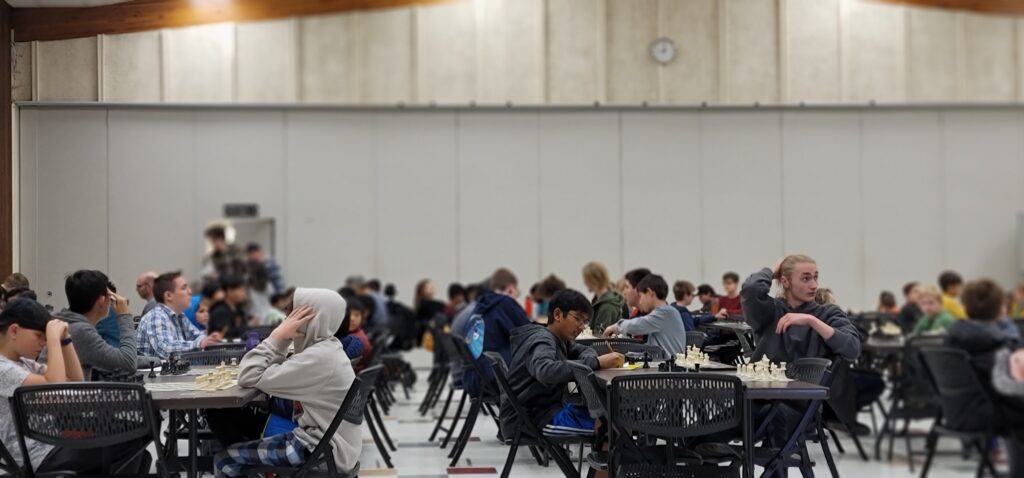
Summit Chess Tour #7: A Grand Chess Tournament to Remember at Jefferson County Fairgrounds
The Summit School of Chess proudly presents the Summit Chess Tour #7 – a grand tournament that has attracted the attention of chess enthusiasts across the country. With a whopping 98 participants ready to battle it out, the stakes are high, and the competition fierce. This year, we’ve upped the ante with $640 in prizes for 20 OPEN section participants. So, come and join us for an unforgettable day of chess and fun at the Jefferson County Fairgrounds.
The Summit Chess Tour #7 promises to be a spectacular event, with some of the best chess players in the country ready to show off their skills. Whether you’re a seasoned chess pro or just starting out, there’s something for everyone at this tournament. With 98 participants, the competition is sure to be intense, and the thrill of the game palpable.
The OPEN section, in particular, is where the real action will take place. With $640 in prizes up for grabs, the stakes are high, and the competition fierce. The top 20 players in the section will walk away with a share of the prize money, making this an event that chess enthusiasts simply cannot afford to miss.
But it’s not just about the prize money. The Summit Chess Tour #7 is a chance for players to test their skills against some of the best in the country, to learn from others, and to make new friends. With a range of players from different backgrounds and skill levels, this tournament promises to be an exciting and enriching experience for all involved.
So, what are you waiting for? Come and join us for a day of fun, competition, and camaraderie at the Jefferson County Fairgrounds. Even if you’re not playing, it’s a great opportunity to watch and learn from some of the best players in the country. You never know, you might just pick up a few tips and tricks that will help you improve your game.
The Summit Chess Tour #7 promises to be an unforgettable event, and we at Summit School of Chess cannot wait to welcome you all to the Jefferson County Fairgrounds. With 98 participants and $640 in prizes up for grabs, this tournament is sure to be a highlight on the chess calendar. So, come and join us, and see what all the fun is about. You won’t be disappointed! To register, visit our website at https://summitschoolofchess.com/tournaments/ and sign up today.

